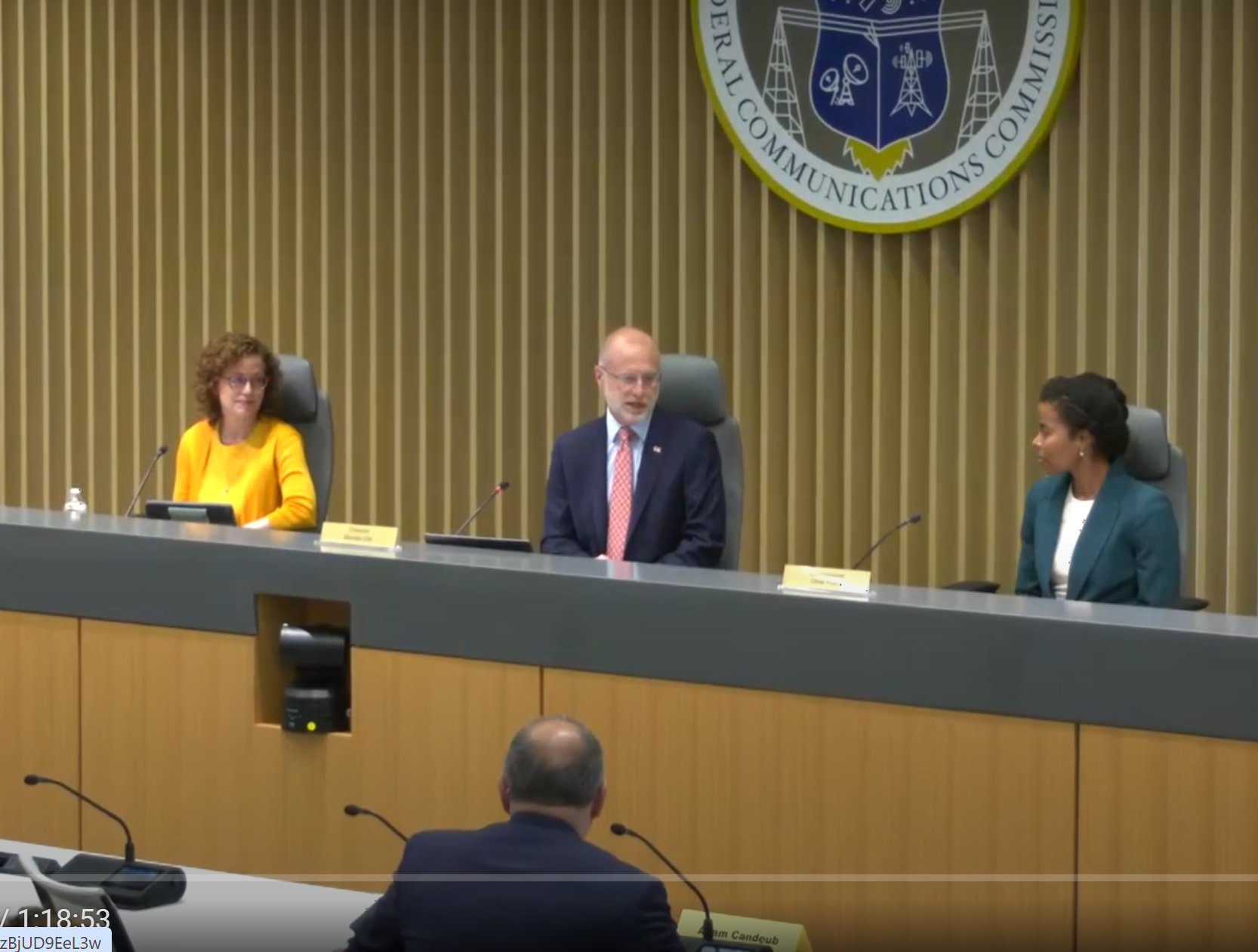The professional video industry's #1 source for news, trends and product and tech information. Sign up below.
You are now subscribed
Your newsletter sign-up was successful
WTVE-TV, the RNN-owned TV station serving Reading and Philadelphia, PA, has launched a trial of an ATSC-M/H mobile DTV distributed transmission system (DTS).
The station, which has operated its DTS network of eight transmitters since October 2007, added support for the mobile-handheld standard in August with technology and assistance from Axcera, Harmonic and Expway as well as consumer receivers from LG, Kenwood and Pixtree. The Merrill Weiss Group provided coverage analysis and DTS system design services.
According to WTVE-TV general manager Todd Stewart, the reason behind the station’s initial deployment of a single-frequency network two years ago was twofold: to ensure coverage in portions of its service area obstructed by Pennsylvania’s mountains and to get its signal into the Philadelphia market without creating adjacent channel interference for the city’s CBS-owned KYW-TV.
The trial of the ATSC A/153 ATSC-M/H standard has given RNN the chance to learn what’s possible with its single-frequency network and see firsthand how it can be used to deliver TV to receivers on the go, he said. So far, Stewart like what he sees. “What I have been most impressed by is the way this new standard’s forward error correction has overcome all of the anomalies, like Doppler shift and multipath, encountered as you are traveling down the road at 70mph,” Stewart said.
To convert the station’s DTS transmission infrastructure to support the new mobile-handheld standard, Harmonic supplied its ProStream 4000 live multiscreen transcoders and Expway provided its FastESG system for the station’s headend. These feed the Axcera ATSC M/H preprocessor/mux and DTxA2B distribution transmission adapter. Additionally, each transmitter site uses an Axcera Axciter modulator with DTS slave and M/S postprocessor functions.
According to Stewart, tests are proceeding with consumer receivers to ensure the station has no coverage gaps with its new mobile-handheld service.
While Stewart is pleased with the progress of the trial and how well mobile DTV receivers have performed with his station’s mobile-handheld signal, he questions the timing of proposals under consideration at the FCC to clear some or all spectrum of full-power TV service to support anticipated demand for wireless broadband service as part of a national broadband plan.
The professional video industry's #1 source for news, trends and product and tech information. Sign up below.
“Speaking for myself, I am skeptical and very hesitant to give up spectrum at this point,” Stewart said. “We are just too close to something here.”
Phil Kurz is a contributing editor to TV Tech. He has written about TV and video technology for more than 30 years and served as editor of three leading industry magazines. He earned a Bachelor of Journalism and a Master’s Degree in Journalism from the University of Missouri-Columbia School of Journalism.

